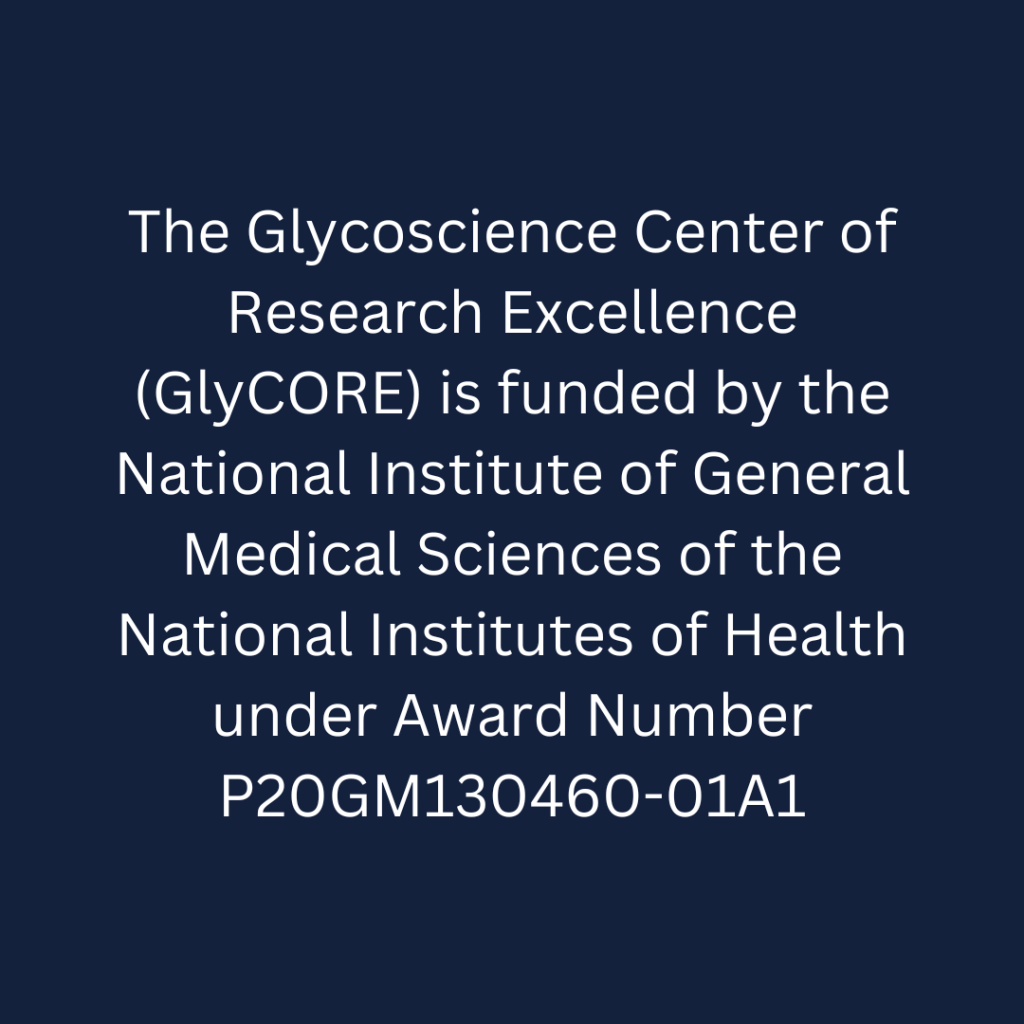
Chemical Programing of Bacterial Protease for Targeted Degradation of Peptidoglycan Biosynthesis
Project Description:
As a part of Glycore, the Roy laboratory will study new ways to target the essential proteins in the peptidoglycan layer of the Mycobacterium tuberculosis (Mtb) cell wall. Innovative strategies and new drug targets, which can be either proteins or cellular processes, are highly desired to contain the tuberculosis epidemic and overall to combat the rise in antimicrobial resistance. One such protein in the bacterial cell wall that is rather unexploited that we are interested in is MraY. It has no clinically approved agents. As a part of our ongoing studies, we have identified first-in-class small molecule inhibitors of MraY with low micromolar activities that are not only active against Mtb but also against other drug-resistant bacteria such as methicillin-resistant S. aureus, E. coli, and vancomycin-resistant enterococci. Using structural insights of MraY, we will further optimize and improve the MraY inhibitory activity. In addition to that, we will utilize a breakthrough strategy of targeted degradation (BacPROTAC) that utilizes the Mtb proteolytic complex (ClpC1P1P2 protease) to induce the degradation of the protein of interest. The ClpC1P1P2 protease in Mtb recognizes specific molecular elements, such as cyclic antibiotic cyclomarin A and its derivatives (dCymM). We will tactfully design small molecule degraders of MraY as chemical tools that will induce selective degradation of MraY by the Mtb proteolytic machinery. These degraders have three components connected linearly: recognition site for ClpC1P1P2 protease, linker, and ligand of the protein of interest, in this case, MraY inhibitors. Since the proteolytic complex, ClpC1P1P2 is specific for Mtb these degraders will be selective for Mtb, although this strategy could be expanded to gram-positive bacteria that have a similar proteolytic complex ClpC:ClpP (ClpCP). This breakthrough platform will enable us to identify chemical tools and therapeutics to treat active and latent tuberculosis (TB) by selectively degrading the protein MraY.
Contact Information:
Dr. Sudeshna Roy Assistant Professor of Medicinal Chemistry and Pharmacognosy And Research Assistant Professor in the Research Institute of Pharmaceutical Sciences Faser Hall 413 662-915-2980 roy@olemiss.edu www.roylaboratory.com/
Associated Personnel:
Tzu-Yu Huang Graduate Student/Research Assistant Mario Djukovski Graduate Student/Research Assistant Destinee Manning Graduate Student/Research Assistant

